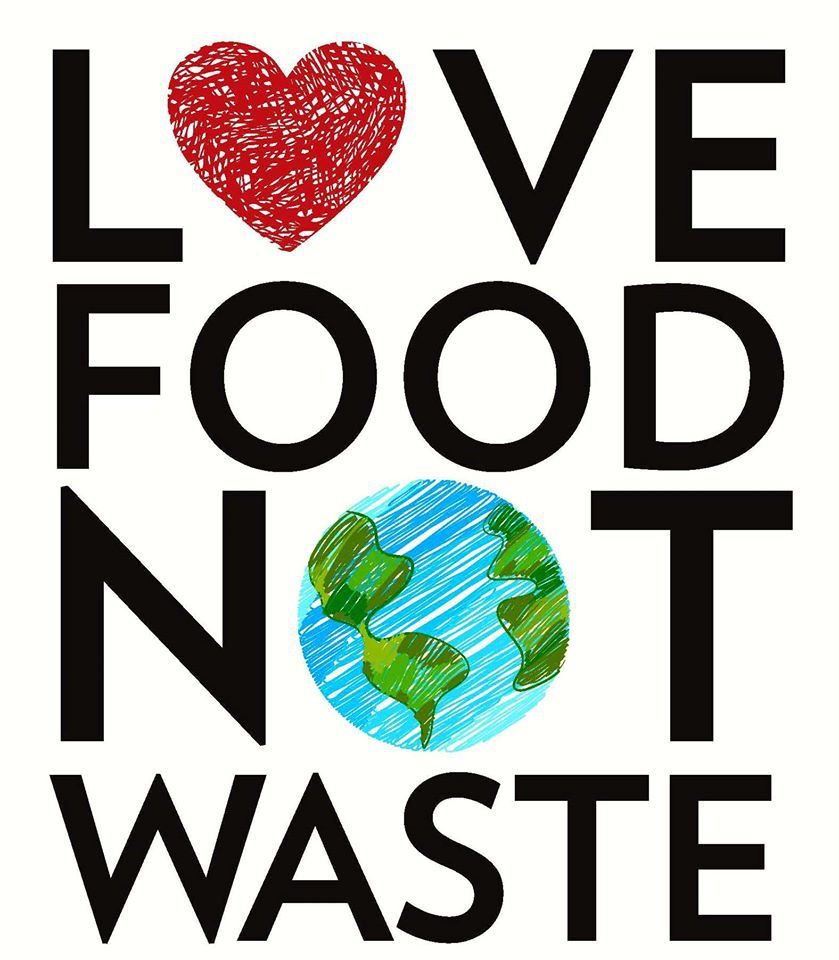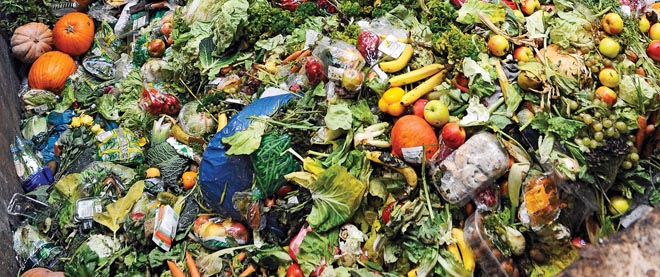SWOT OF FOOD WASTE TAX SYSTEM
Strengths
Strengthen government’s role in improving food waste
#In the past, food waste is viewed as a personal matter instead of a collective issue. However, the increasing awareness of food waste displays a concern for the unfair global distribution of alimentation and the scarcity of resource. The project epitomizes the obligation of government to promote this social responsibility. For sure, both consumers and providers bare the same responsibility of reducing food waste. It’s easier to include relevant regulations on provider side for food control. However, the implement doesn’t mean the government wants to be the rival of food catering companies, but effectively assist and encourage them to be more conscious about what they provide, at the same time, cultivate consumers with the idea of choosing restaurants that are dedicated to reducing food waste well.
Nowadays, consumers and restaurants have a huge information asymmetry. Consumers can’t be assured what exactly the restaurant is about concerning the food security, food waste, service, and so on. This policy allows the government to further collaborate with restaurants. In the policy, the government can immediately know about the implementing situation of the restaurant and the annual rating result is required to be shown outside the restaurant. That is, the consumers have more information to decide which restaurant to go. To cater to the consumers, restaurants may want to be ranked A grade, so it not only helps reduce food waste, but also provide incentives for restaurants to perform well in order to gain trust from consumers and of course avoid the food waste tax.
Add governmental fiscal source
Imposing tax is always beneficial for the government. Absolutely, the target of food waste tax is to have restaurants adopt food waste dealing system since it is not a source of tax with stable amount. But the taxes the government receive can still be used to subsidize or compensate the costs of this project (equipments, inspectors, propaganda, marketing, and so on) or for another environmental or resource reallocation plans. It is government’s goal to strive for a better environment and social justice, so it is good when the government can invent new fiscal source, and at the same time facilitate a positive social effect.
Weakness
Expiration date
Harvard Food Law and Policy clinic made a new survey in May 2016 and it points out that more than ⅓ of respondents usually or always throw food away when the date has expired. However, these date labels often indicates when the product and quality would be at its best. This does not estimate the safety of a food product. Hence, both people and restaurants throw away a lot of food that is still consumable. This has tremendous impact on the environment and on the economy. Therefore, this issue has to been raised by the government and at this stage. The restaurants have specific laws applied to them regarding expiration dates.
Lack of adaptation according to restaurant type
This policy proposal should be applied to a wide range of restaurants : from fast food to gastronomic restaurants. There may be the lack of adaptation of the tax system depending on the type of restaurant. In the further steps of the development of the idea, the differentiation between different types of food catering companies should be strongly taken into account.
Potential to generate more waste
This food waste rating system and tax might deter restaurants from working with fresh products, which generate more waste than industrially prepared food. Gastronomic restaurants might be disadvantaged from the start by the tax system. Hence the need to strengthen the annual recommendation plan provided to restaurants.
You can use Markdown in your repository files with the .md or .markdown extension. For more info see Mastering Markdown
Opportunities
Restaurants’ strategies and food waste reduction linkage
First of all, the food waste tax system can be considered as an opportunity to drive food waste reduction through a better waste management of restaurateurs. In other words, in order to pay less in taxes, the operators have to find different ways to decrease food waste in the first place. For instance, restaurants have to reuse the food that they used to throw away. Therefore, it is a way to encourage restaurants to work with more partners, such as donating to local charitable organizations or cooperating with take away service, for example, “Too go to go” mobile application service.
Involvement of civil society
On the other hand, besides encouraging restaurant operators to consider cutting food waste as a key priority, this food waste reduction tax system also provides several opportunities. First of all, a wide range of food waste issues could be taken into account, including: encouraging public sectors to reduce consumer-related food waste, working in partnership with different actors, such as, local authorities, local communities’ groups, private sectors, etc. For example, they can work on education material on the issue of food waste, namely, helping to teach people how to decrease food waste. They could organize seminars for citizens and educational programs at schools, including elementary school, college, etc. Besides, different campaigns on food waste could be developed, for instance, restaurants could cooperate with local communities and organize cooking workshops by using their surplus food. Additionally, it could also be a network for all sectors in the foodservice industry. To make the food waste system better, a new platform could be established by using digital and software technologies. Through this platform, people could communicate efficiently and link every sector together, for example, restaurants could find the partners to donate their surplus food.
Threats
Rise in capital costs in an economic aspect
This may raise issues and increase risks about establishing this system, such as unpopularity of the measure, impression of a new fiscal racket, administration costs increase, etc. Even though the amount of food waste may drop at the beginning, this effect could influence eating-out-of-home market and local economy as restaurants may raise prices. This means that consumers would have to shell out more because of the new levy, which may deter consumers from eating at restaurants and adjust their eating habits to the higher price. Furthermore, it is possible that small operators would burden in view of the fact that their business is slowly dwindling away.
Additionally, restaurants are already required to pay taxes to local governments. In order to avoid more taxes, instead of following the new rules, restaurants may find other ways to get rid of their waste. Besides, from the perspective of restaurants, it is difficult to control customers’ leftover. Even though it is argued that restaurants operators could reduce portion size, educating customers from governments still plays an important role. Otherwise, customers are likely to complain about the change. In other words, it is difficult to manage this new food waste system and completely eliminate tax evasion.
Examples of all the markdowns you’ll need!

